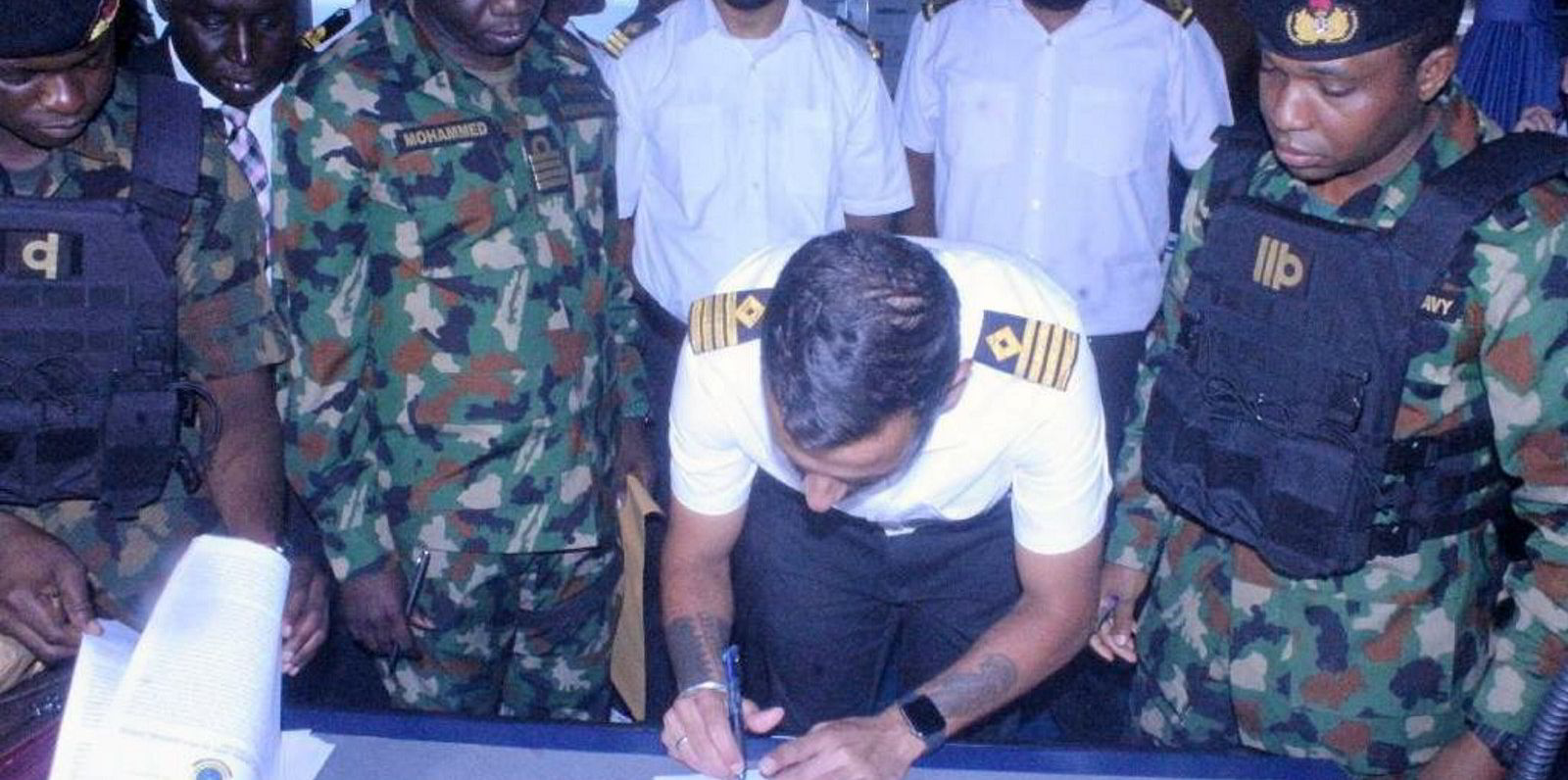Dozens of shipping companies have received back tax claims from Nigerian government officials to the tune of several million dollars.
Four executives contacted by TradeWinds said they have had or are aware of notices served by representatives of Nigeria’s Federal Inland Revenue Service.
One Greek shipowner has been asked to pay $18m in taxes allegedly incurred between 2011 and 2019.
According to a fifth source familiar with the matter, Nigeria’s new administration is invoking hitherto ignored legislation from 2004 that applies to non-residents.
The 2004 edict, which in the words of one knowledgeable source was “poorly defined”, imposes a tax on freight rate income and profit earned transporting Nigerian oil.
In their letters, Nigerian authorities calculated the owed amounts on the basis of past ship voyage data they retrieved. Then, they bumped up the total by penalty surcharges of 20% for each year of alleged non-compliance.
The actual reason behind the initiative is believed to be a concerted effort by the incoming administration to shore up revenue at a time when Nigeria’s new president Bola Ahmed Tinubu is cancelling fuel subsidies for the public.
According to the sources, notices were first sent by email at the end of May, through shipowners’ local agents.
“Agents are pulling their hair out,” one source said.
Is the situation serious?
The notices came out of the blue and in such a seemingly shambolic manner that some recipients still believe they can only have been part of a scam.
“It’s done in a very amateurish way,” the source said.
Shipping companies were contacted on their general email addresses, which led some managers to simply overlook them, TradeWinds was told.
Other sources pointed out that Nigerian revenue officials indicated a telephone contact number that seems to be part of a mobile phone network, or that the letters ignore non-double taxation treaties between Nigeria and their countries.
Sceptics also pointed to a London court case won by JP Morgan last year, in which Nigeria had sought, in vain, $1.7bn in damages from an oilfield deal.
According to Reuters, the government expressed disappointment at JP Morgan’s victory but acknowledged that Nigerian officials involved in the case were part of a fraudulent scheme.
Most companies, however, are taking the matter seriously and have referred it to their protection and indemnity insurers, lawyers and Intertanko.
“We wanted it to be a scam, but it’s not,” one source said.
Every vessel that approached Nigeria between 2010 and 2019 is likely to have been included in the authorities’ calculations.
Fury among owners has reached such levels that some are threatening to stop sending their ships to the country.
Nigeria could up the stakes as well. A source with knowledge of the matter said it is conceivable that the government might try to seize ships by companies it considers owes money.
However, it may take some time before the matter reaches such a boiling point.
“I don’t expect anything to happen quickly,” the source said, adding that appeals will probably be filed and examined first.






